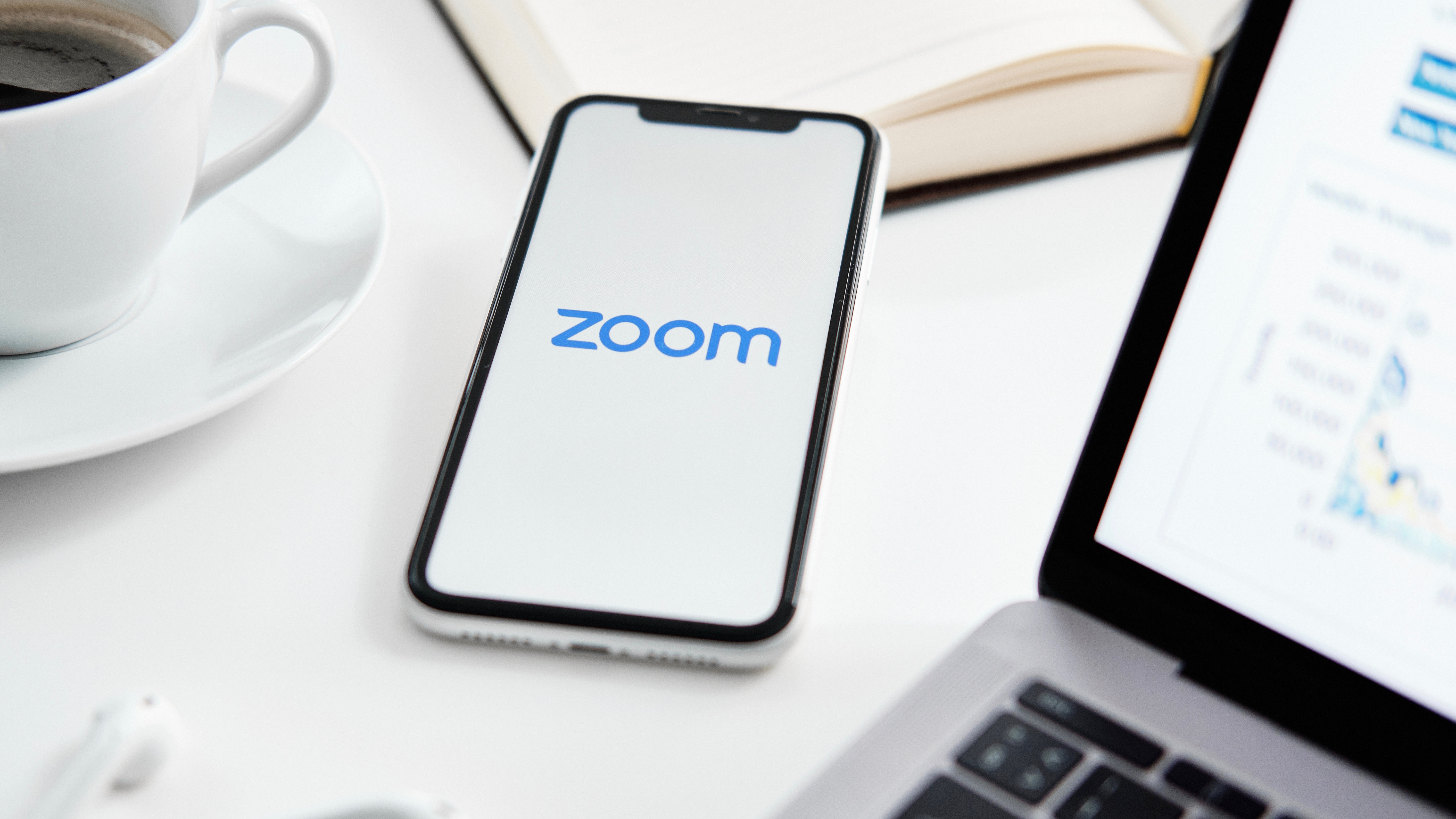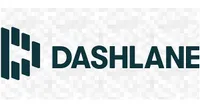'Zoom-bombing' is now a federal offense in the US
Video conferencing hackers could see jail time for disrupting public and private meetings

As more users have turned to video conferencing software to stay in touch and work remotely during the global pandemic, hackers and pranksters have begun to invade public or private meetings to display adult content and hateful imagery to attendees.
The practice has become so popular that it is now being referred to as 'Zoom-bombing' since many of these attempts have targeted the video conferencing platform Zoom.
Those accessing other people's meetings online may want to think twice before doing so as the US Attorney's office for the Eastern District of Michigan has published a press release in which it warns that anyone who hacks into a video conference could now face legal implications, saying:
Make careless data decisions history with our dark web monitoring and alerts. Get Dashlane for seamless, private 'interneting' with 2FA (two-factor authentication) by default. Your privacy matters to us so that’s why there's no limit on devices or passwords stored or shared.
- What is Zoom? How it works, tips and tricks and best alternatives
- Zoom-related domain names grow significantly as malware threat rises
- SEC steps in to prevent investors from buying the wrong Zoom
“Michigan’s chief federal, state, and local law enforcement officials are joining together to warn anyone who hacks into a teleconference can be charged with state or federal crimes. Charges may include – to name just a few – disrupting a public meeting, computer intrusion, using a computer to commit a crime, hate crimes, fraud, or transmitting threatening communications. All of these charges are punishable by fines and imprisonment.”
'Zoom-bombing' attacks
In a statement, US Attorney for the Eastern Michigan district, Matthew Scheider explained just how seriously the state plans to take 'Zoom-bombing', saying:
“You think Zoom bombing is funny? Let’s see how funny it is after you get arrested. If you interfere with a teleconference or public meeting in Michigan, you could have federal, state, or local law enforcement knocking at your door.”
In its press release on the matter, the US Attorney's office for the Eastern District of Michigan also shared some steps that businesses and schools can take to help secure their Zoom meetings.
Sign up to the TechRadar Pro newsletter to get all the top news, opinion, features and guidance your business needs to succeed!
For instance, don't make meetings or classrooms public, don't share video conferencing links in public social media posts, manage screen sharing options in Zoom to only allow the host to use this feature and make sure that all participants have updated their software to the latest version.
Video conferencing software has made it possible for businesses and schools to remain open during this trying time but without the right safeguards in place, these tools won't be nearly as effective.
- Also check out our complete list of the best video conferencing software
Via The Verge
After working with the TechRadar Pro team for the last several years, Anthony is now the security and networking editor at Tom’s Guide where he covers everything from data breaches and ransomware gangs to the best way to cover your whole home or business with Wi-Fi. When not writing, you can find him tinkering with PCs and game consoles, managing cables and upgrading his smart home.

